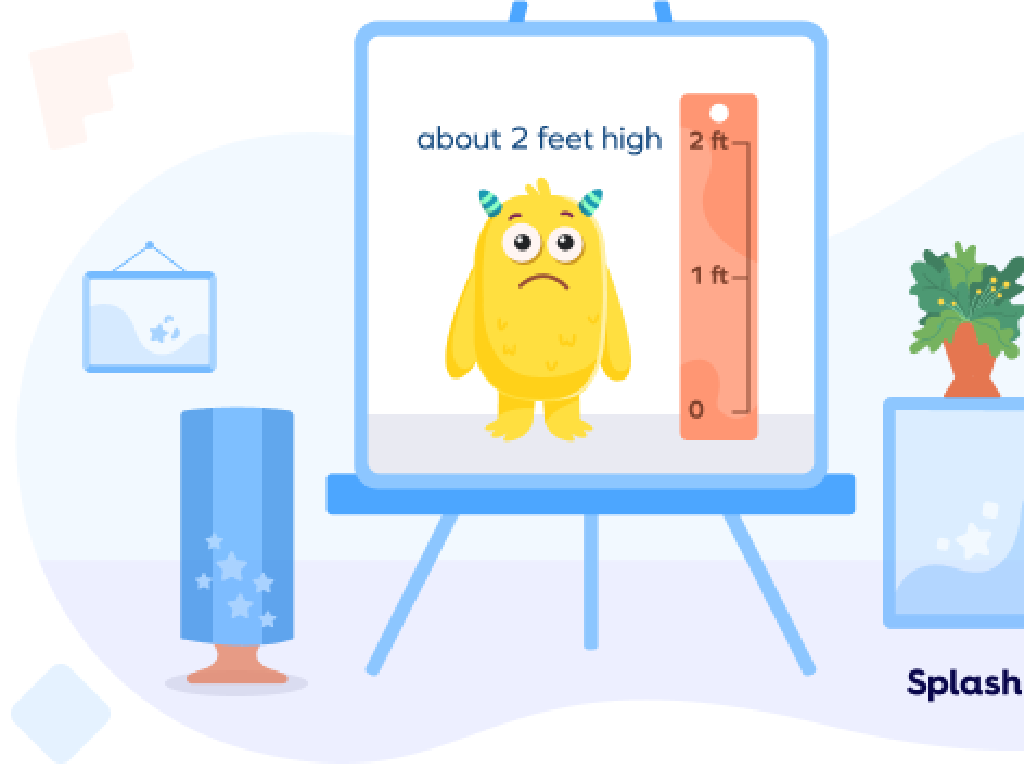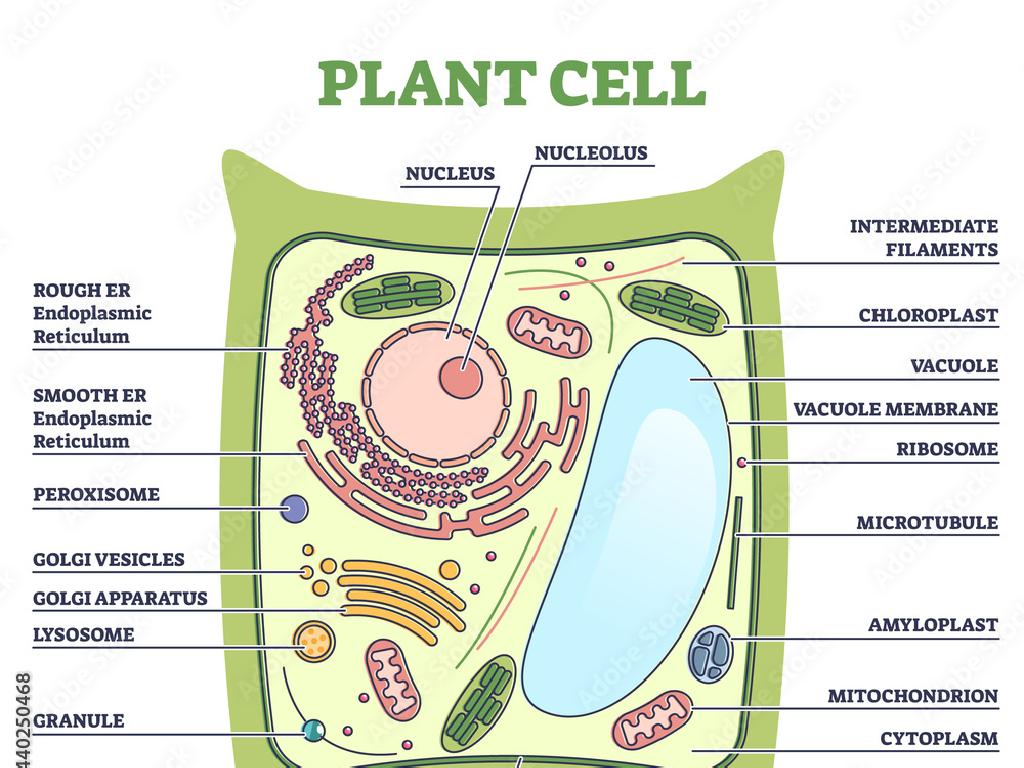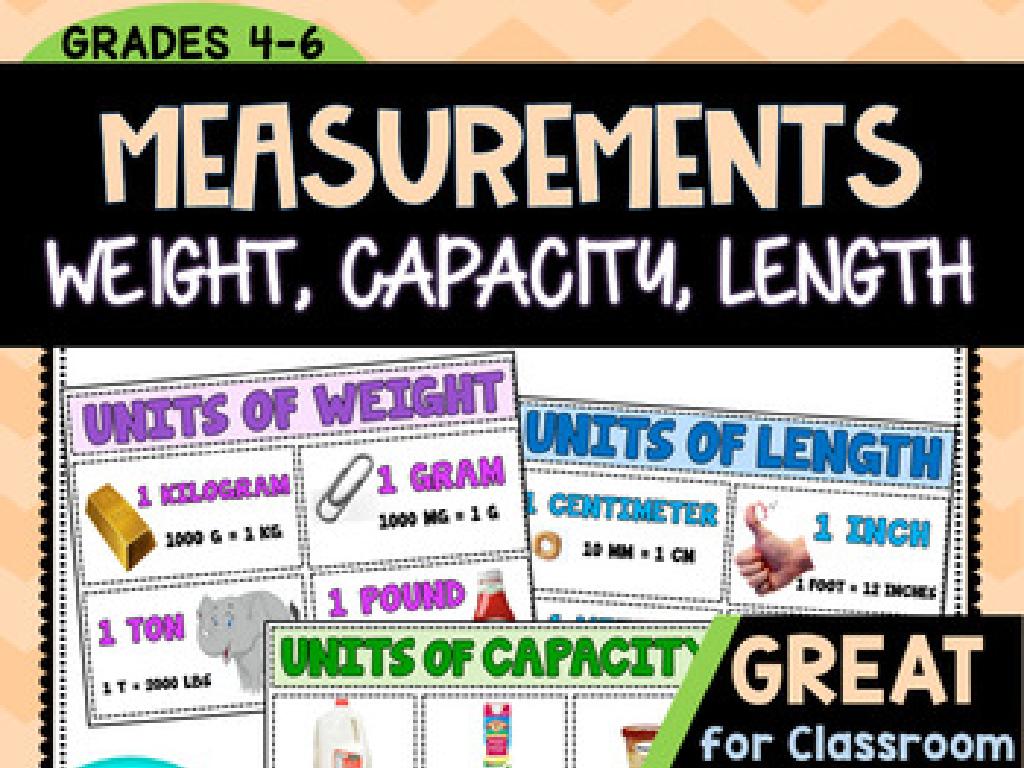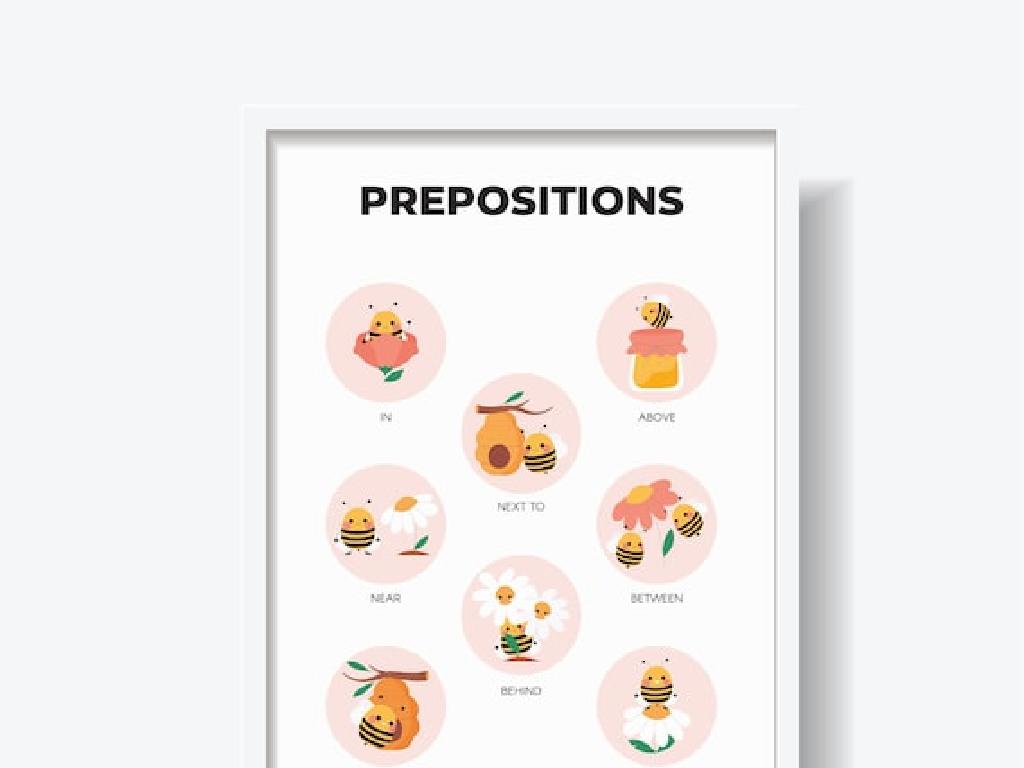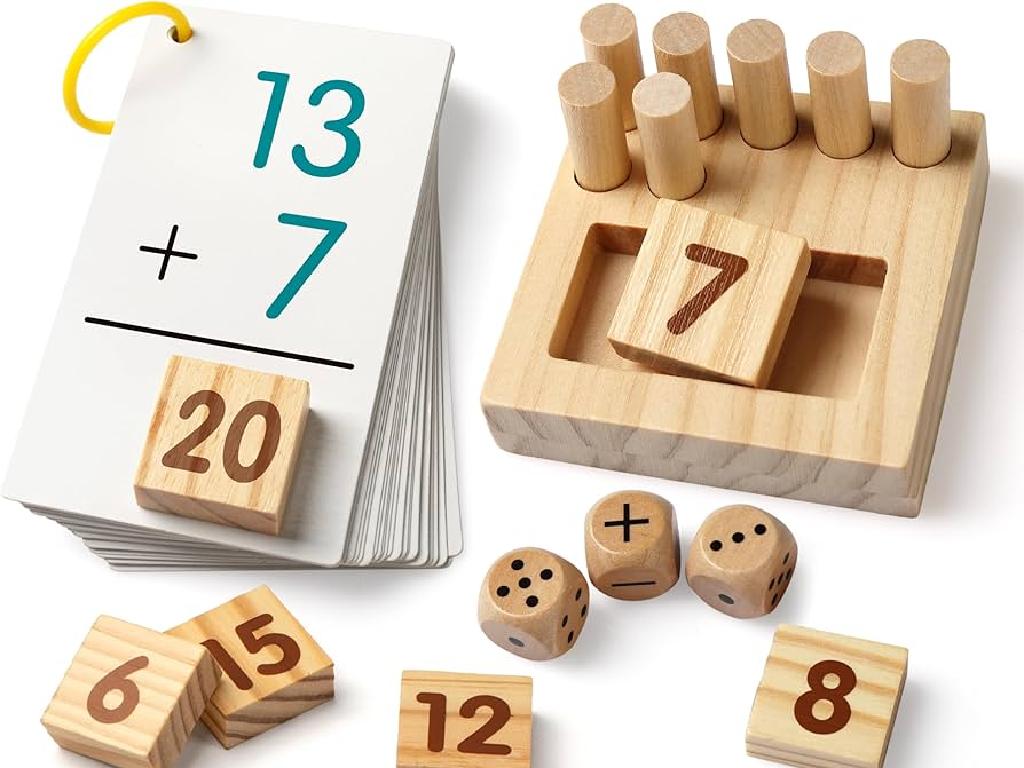Find Synonyms In Context
Subject: Language arts
Grade: Third grade
Topic: Categories
Please LOG IN to download the presentation. Access is available to registered users only.
View More Content
Exploring Synonyms in Language Arts
– Synonyms make language vibrant
– What are synonyms?
– Words with similar meanings, like ‘happy’ and ‘joyful’
– Examples of synonyms
– ‘Big’, ‘large’, ‘huge’ all mean something with a large size
– Use synonyms in sentences
– Replace ‘happy’ with ‘joyful’ in a sentence
|
This slide introduces the concept of synonyms to third-grade students, emphasizing how they add variety and interest to our language. Begin by explaining that synonyms are words that have similar meanings, which allows us to express ideas in different ways without repeating the same words. Provide clear examples, such as ‘big’, ‘large’, and ‘huge’, and encourage students to think of other examples. Then, demonstrate how to use synonyms by taking a common word like ‘happy’ and replacing it with a synonym like ‘joyful’ in a sentence. This will help students understand how synonyms can be used in context to enhance their writing and speaking skills.
Exploring Synonyms
– What are synonyms?
– Words with similar meanings, like ‘big’ and ‘large’.
– Examples of synonyms
– ‘Happy’ and ‘joyful’, ‘fast’ and ‘quick’ show how synonyms can be used interchangeably.
– The importance of synonyms
– They enrich our language and help us to be more specific in our communication.
– Class activity: Find synonyms
– Look for synonyms in your favorite book and list them.
|
This slide introduces the concept of synonyms to third-grade students, providing a foundation for understanding how synonyms can be used to add variety to their writing and speech. Start by explaining that synonyms are words that mean almost the same thing, which allows us to avoid repetition and make our communication more interesting. Provide clear examples and encourage students to think of their own. Discuss why synonyms are important, emphasizing their role in making language more expressive and precise. For the class activity, instruct students to find and list synonyms from a book they enjoy, which will help them apply the concept in a fun and engaging way. This activity will also prepare them for a discussion in the next class about how the synonyms they found fit into different contexts.
Synonyms in Stories
– Authors use synonyms for variety
– Synonyms prevent repetitive words, making stories more engaging.
– Read a story to find synonyms
– As we read, look for words that mean the same as others we know.
– Synonyms enhance story emotions
– Different words carry different feelings even if they mean the same.
– Discuss synonym effects in class
– Share how different synonyms changed the story for you.
|
This slide introduces the concept of synonyms within the context of storytelling to make narratives more captivating. Explain that synonyms are words with similar meanings that can be used interchangeably to avoid repetition and to add depth to writing. During the class, read a short story together and pause to identify synonyms, discussing how they might alter the reader’s perception of the story. Encourage students to think about how the use of different synonyms can influence the mood and tone of a story. After reading, facilitate a discussion where students can express how the synonyms used by the author affected their understanding and feelings about the story.
Finding Synonyms in Sentences
– Spotting synonyms in text
– Synonyms are words with similar meanings
– Clues from surrounding context
– Words or phrases around a tricky word can give hints
– Practice with ‘said’
– ‘Exclaimed’, ‘whispered’, ‘answered’, ‘remarked’
– Enhance your synonym skills
|
This slide introduces the concept of synonyms and how to identify them within the context of a sentence. Emphasize to students that synonyms can be used to make writing more interesting. Provide examples of sentences and ask students to identify synonyms for given words. For the practice activity, use the sentence ‘She said she would be late’ and guide students to find synonyms for ‘said’, such as ‘exclaimed’, ‘whispered’, ‘answered’, or ‘remarked’. Encourage students to think of other sentences and practice replacing ‘said’ with synonyms. This activity will help them understand the importance of context in determining the most appropriate synonym to use.
Synonyms Matching Game
– Play a matching game with synonyms
– Match words to their synonyms
– Look for words that mean the same
– Get set for a fun challenge
– Find the most synonym pairs to win
– Keep score to see who wins
|
This slide introduces a classroom activity designed to help third-grade students understand and practice synonyms. The game involves matching words to their synonyms, which encourages students to think critically about word meanings and usage. Set up the classroom with pairs of synonym cards spread out on tables or the floor. Students will move around the room to find and match synonyms. Teachers should prepare a list of word pairs in advance, ensuring they are appropriate for the third-grade level. Possible pairs might include ‘happy’ and ‘joyful’, ‘fast’ and ‘quick’, ‘hard’ and ‘difficult’. The game can be played individually or in teams, and the student or team with the most pairs at the end wins. This activity promotes active learning and engagement with vocabulary.
Create Your Own Synonyms
– Pick a word from our story
– Think of many synonyms
– Synonyms are words with similar meanings
– Share your synonyms with the class
– Discuss how synonyms can change meaning
– Some synonyms can give a different feeling or idea
|
This slide is designed to engage students in an interactive class activity that focuses on understanding synonyms. Start by having each student select a word from a story or book they’ve read in class. Encourage them to use their creativity to come up with as many synonyms as possible for their chosen word. They can use a thesaurus, brainstorm with their peers, or think of words they already know. Once they have their list, each student will share their synonyms with the class. This sharing session will open a discussion on how different synonyms can slightly change the meaning or tone of the original word, enhancing their vocabulary and comprehension skills. For example, ‘happy’ could have synonyms like ‘joyful’, ‘cheerful’, or ‘elated’, each with its own connotation. The teacher should prepare to guide the discussion and provide feedback on the students’ choices.
Class Activity: Synonym Scavenger Hunt
– Let’s hunt for synonyms in class!
– Find objects and think of synonyms
– For ‘book’, synonyms could be ‘novel’ or ‘tome’
– Pair up with a classmate
– Use your ‘Synonym Detective’ worksheet
– This worksheet will guide your detective work
|
This interactive activity is designed to help students understand and practice using synonyms in a fun and engaging way. Students will work in pairs to look for objects in the classroom and come up with different words that mean the same thing, or ‘synonyms’. Provide each pair with a ‘Synonym Detective’ worksheet to record their findings. As a teacher, facilitate the activity by ensuring students are on task and assist them in brainstorming synonyms if they get stuck. After the scavenger hunt, regroup and discuss some of the synonyms discovered. Encourage students to use these new words in sentences to reinforce their understanding.
Conclusion & Reflection: Synonyms’ Significance
– Celebrating our synonym discoveries
– Understanding the value of synonyms
– Synonyms make our language richer and prevent repetition.
– Homework: Craft a paragraph
– Use synonyms we learned to write something creative.
– Share your synonym stories next class
– Be ready to tell us how you used synonyms at home!
|
Today’s class focused on the importance of synonyms in enhancing our language skills. Synonyms can add variety to our speech and writing, making it more interesting and avoiding repetition. For homework, students are tasked with writing a short paragraph using synonyms learned in class to reinforce their understanding. This activity will help them apply their knowledge in a practical context. In the next class, students will have the opportunity to share their paragraphs, which will encourage them to use synonyms more confidently in their daily language. Remember to praise their efforts and creativity!

